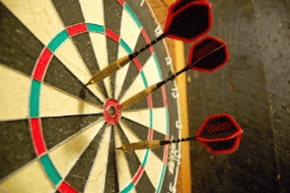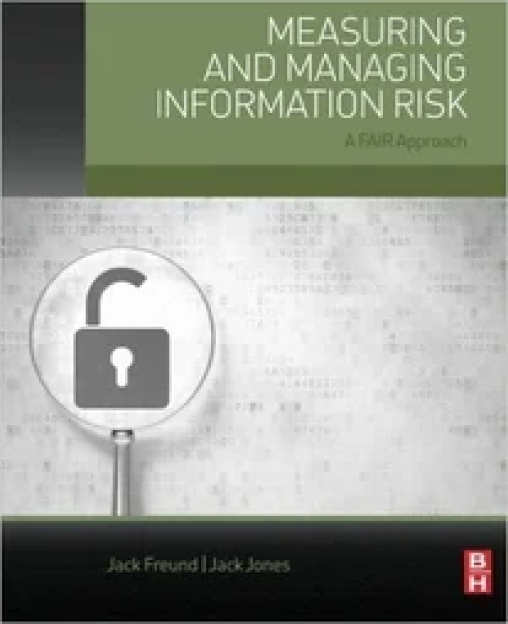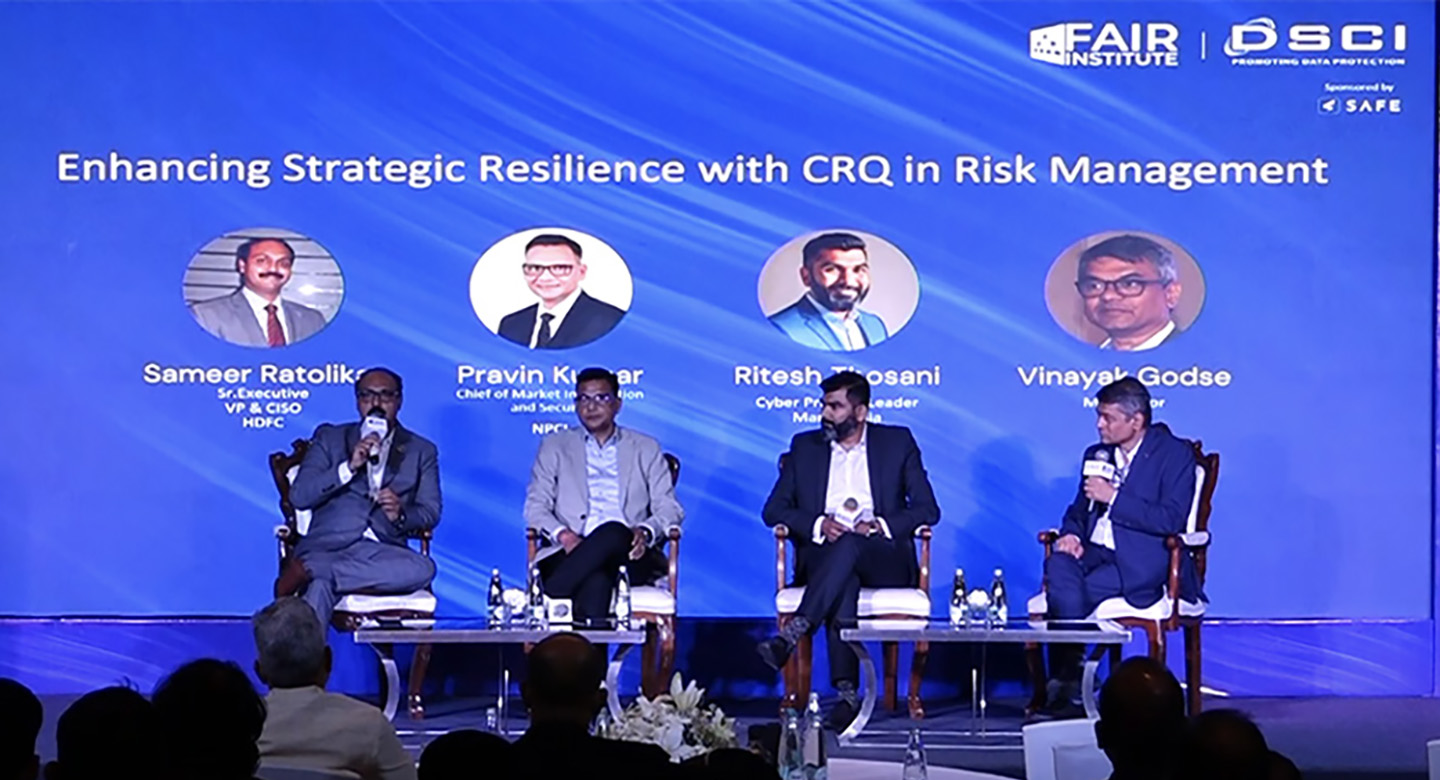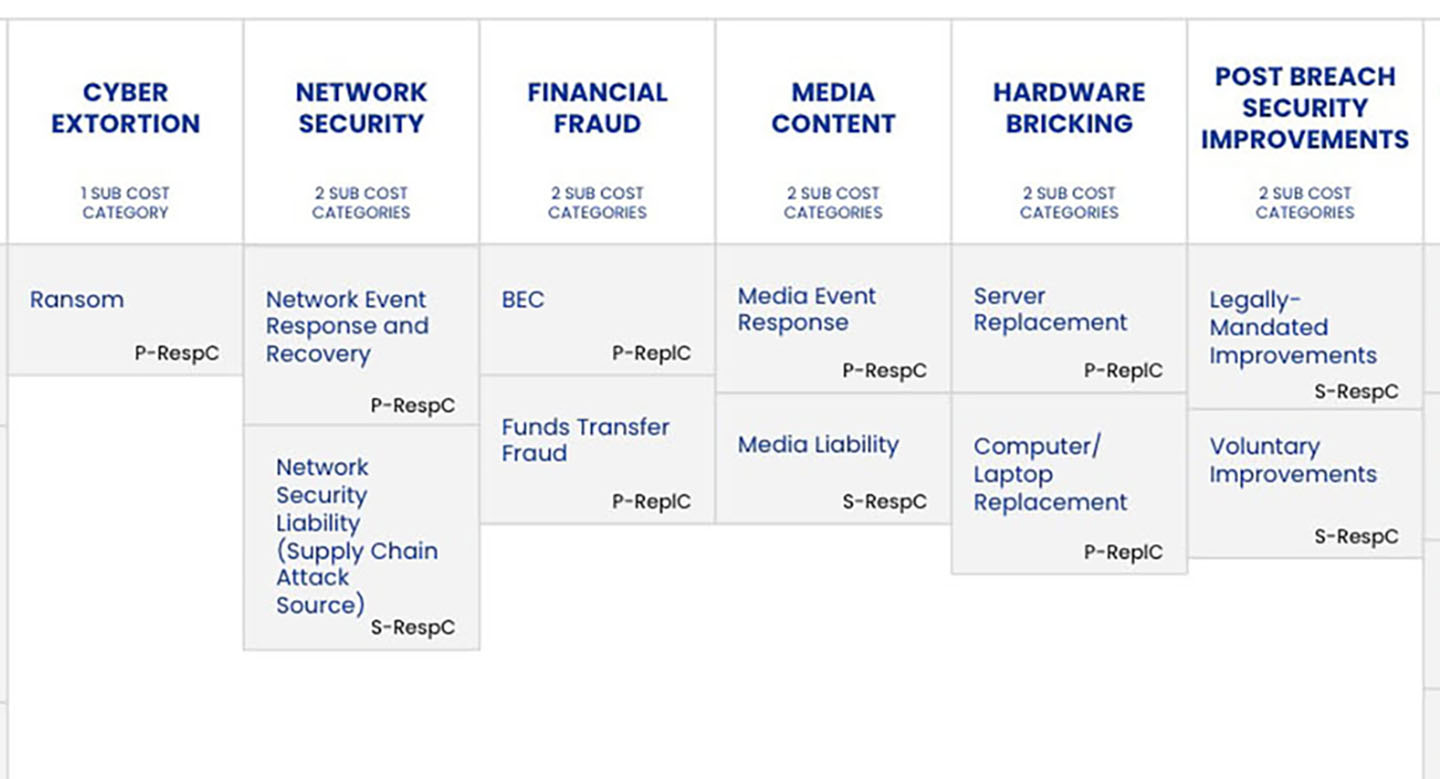
 “When will you be home?”
“When will you be home?”
I have finally learned how to respond to text messages like this – and more pointedly how not to. Along the way, I came to understand that people seem naturally to make predictions with point estimates, rather than make forecasts with interval estimates.
To reply that I will be home at 4:45 is to virtually guarantee being wrong. The chances of arriving on time, within half a minute, range from slim to none unless I am less than a minute or two away. Who needs a prediction then?
Yet we all seem to be vulnerable to the siren song of the precise point estimate. Staking out a specific number seems so bold and confident. It makes you seem certain. The Congressional Budget Office predicts that the federal budget deficit will be $544 billion this year. (Do you believe the last 4? Or the second-to-last? Or even the 5?) A consulting organization predicts sales of Augmented Reality devices will be $25.6 billion in two years. Nobody would bet on these numbers. It is almost as though the authors expect no one to take them seriously. But somehow our social DNA demands a hard number.
This is a fool’s game, one you cannot win.
 A game you can win is the interval estimate. Instead of saying I’ll be home at 4:45, I might say between 4:40 and 4:50. I aim for a 90% rate of being right – a 90% confidence interval. It’s fun to apply the method to all sorts of everyday events. How much gas will it take to fill the tank? How long will it take to drive to the airport? What’s my weight going to be today? How many minutes late will the next meeting start? The opportunities are endless. Making interval estimates is a good habit to cultivate for making for risk decisions.
A game you can win is the interval estimate. Instead of saying I’ll be home at 4:45, I might say between 4:40 and 4:50. I aim for a 90% rate of being right – a 90% confidence interval. It’s fun to apply the method to all sorts of everyday events. How much gas will it take to fill the tank? How long will it take to drive to the airport? What’s my weight going to be today? How many minutes late will the next meeting start? The opportunities are endless. Making interval estimates is a good habit to cultivate for making for risk decisions.
Interval estimates are better than point estimates for decision making. In fact, point estimates are nearly useless: face it, you’re gonna be wrong. If you practice with interval estimates in everyday life, you will be training yourself in calibration, a skill useful for estimating loss event frequencies and loss magnitudes.
So don’t play the point-estimation game. You’d do better at Las Vegas betting against the house. Play the interval-estimation game. You may have a 90% chance of winning.
A signal insight from research in game theory is this: If you cannot win the game, change the game! See the last chapter of “Algorithms To Live By” for more on this and many other fascinating insights. For more on getting calibrated as an estimator, see Doug Hubbard’s How to Measure Anything.









